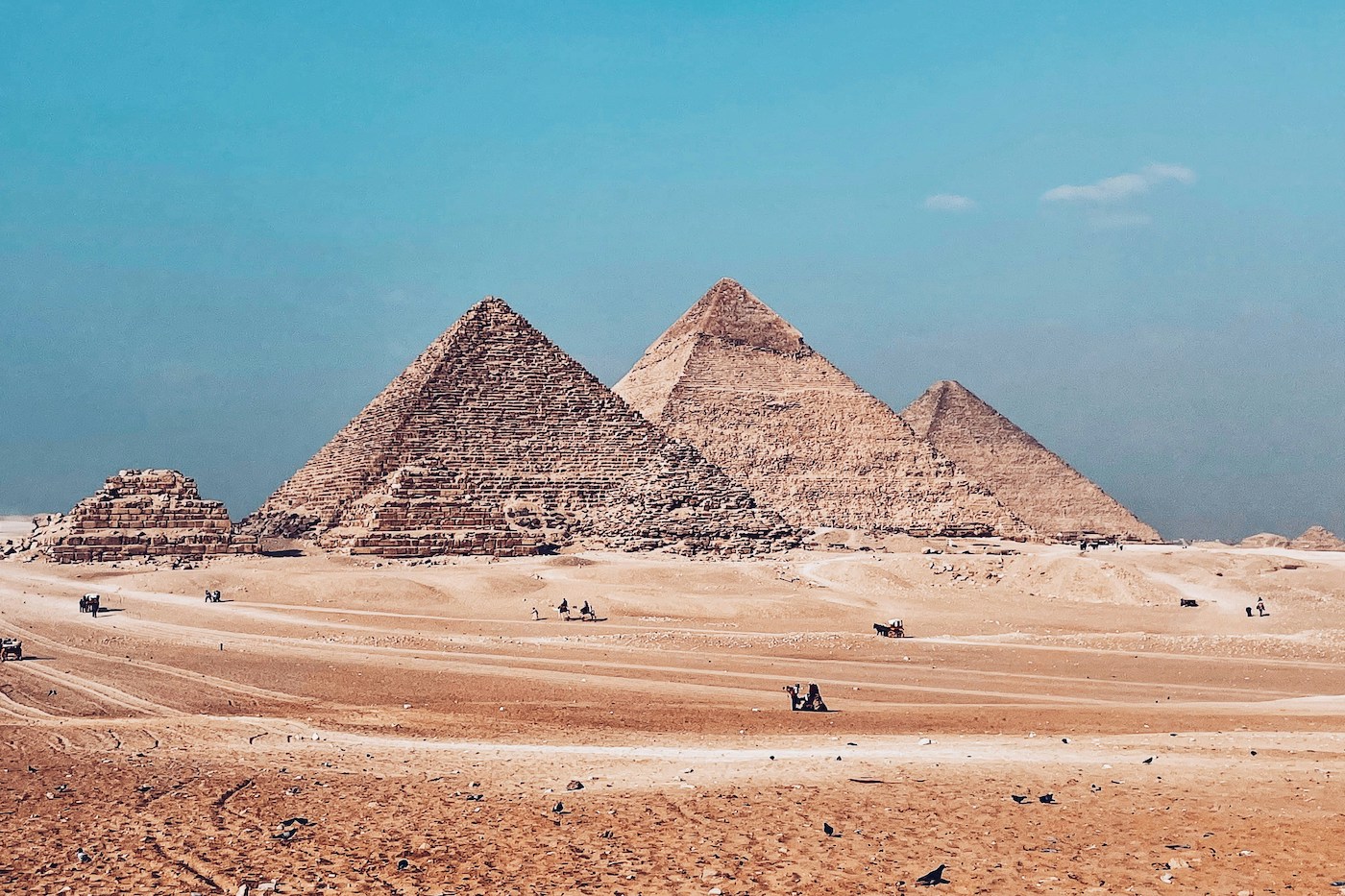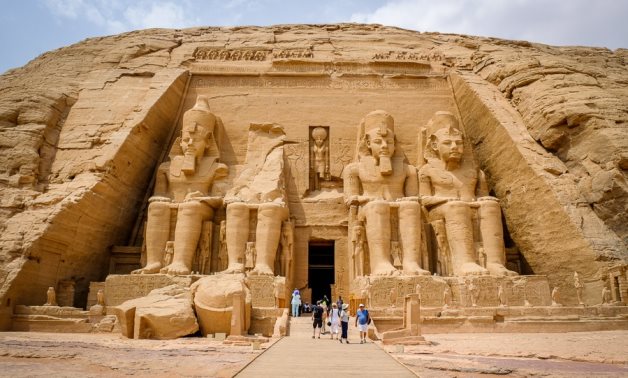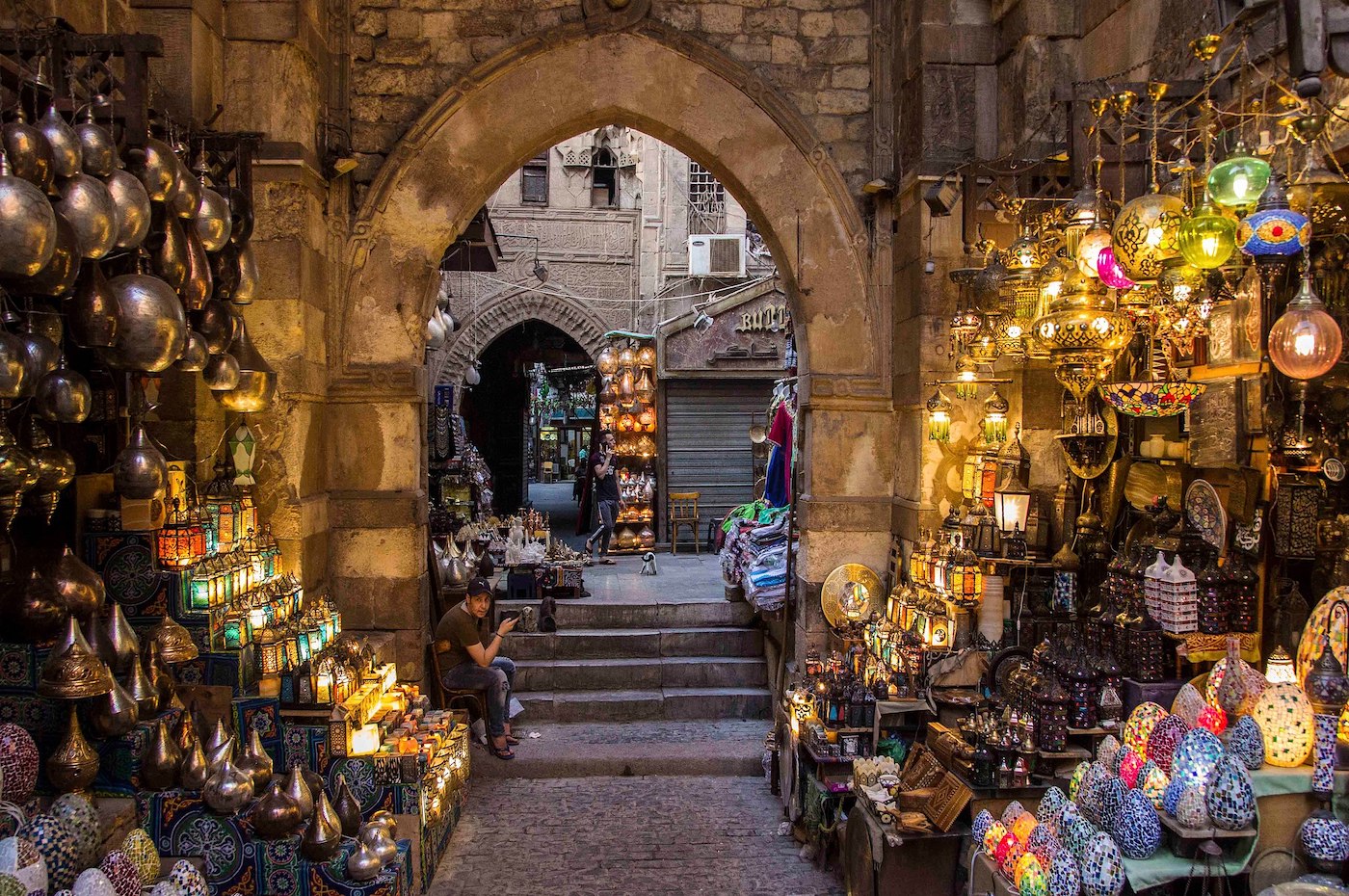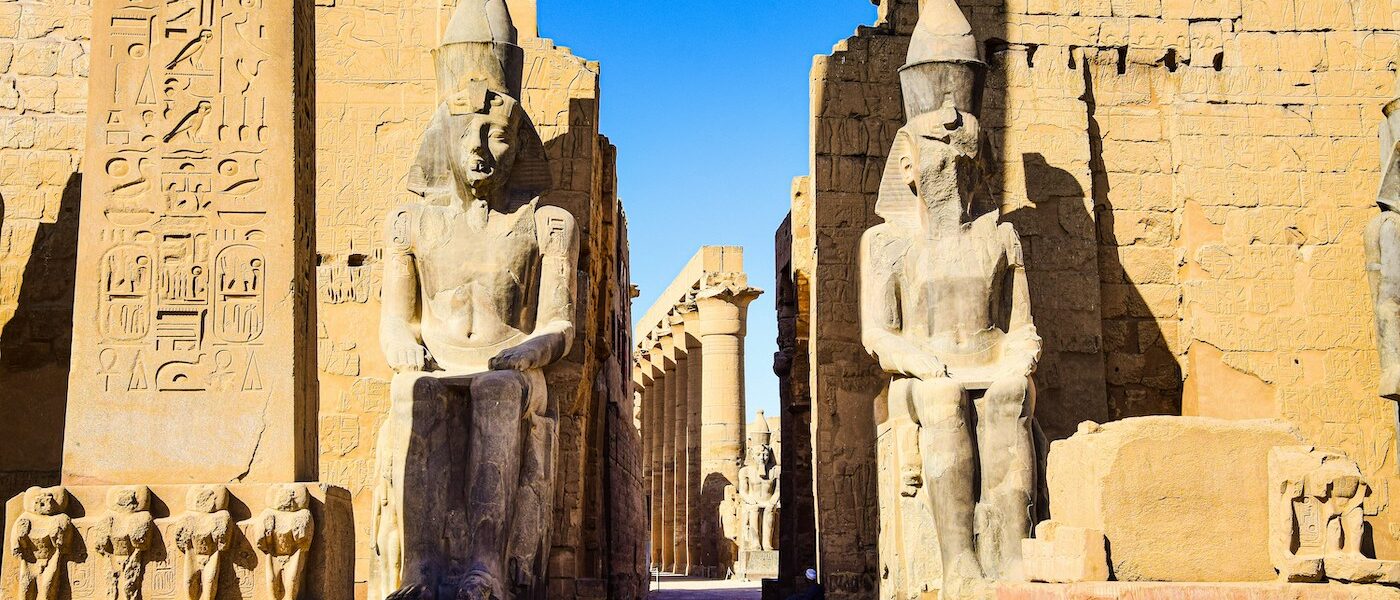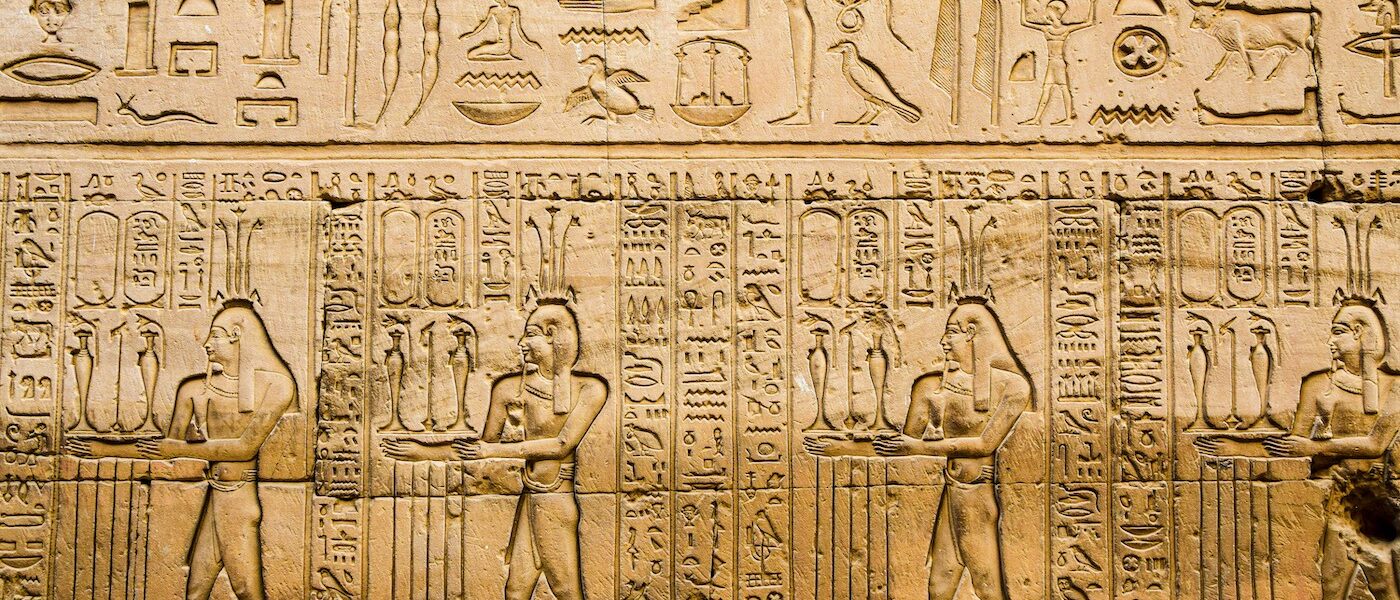The Historical Impact of the French Campaign in Egypt
The French campaign in Egypt, led by Napoleon Bonaparte, marked a decisive turning point in the region’s history. Upon its arrival, this expedition not only revealed Egypt’s cultural richness to the Western world, but also opened an intercultural dialogue with the entire Orient. This historical moment is often viewed through two lenses: some see the campaign as a manifestation of European colonial ambitions, while others see it as a civilizing effort that had a profound impact on Egypt’s modern history.
The discoveries made by the scientists who accompanied Napoleon, documented in the monumental work “Description of Egypt,” had a profound impact. The detailed descriptions of agriculture, industry, wildlife, and antiquities not only enriched European knowledge but also helped awaken Egyptian national consciousness. This major work enabled Egypt to emerge from its long historical slumber and present itself to the world in a new light.
Napoleon’s campaign brought about a significant transformation in Egypt, placing its history within a global context. Despite the criticism surrounding this expedition, France’s cultural influence on Egypt was undeniable, laying the foundations for a lasting relationship between the two nations. This historic moment remains a milestone in Egypt’s cultural and political evolution.
French Cultural Heritage in Egypt
French influence in Egypt extends far beyond purely military and political aspects; it extends deeply into the cultural and educational spheres. After the campaign, Egypt underwent a veritable transformation thanks to the introduction of numerous French-inspired institutions. Egyptian universities, research centers, and cultural centers still bear the French imprint today. The Egyptian Civil Code, for example, is directly inspired by the “Napoleonic Code,” illustrating the profound impact of French legislation on the Egyptian legal system.
French schools in Egypt, such as the Collège de la Sainte Famille, the Collège des Frères, and the Collège du Sacré-Cœur, have left their mark on the Egyptian educational landscape with their academic excellence and unique pedagogical approach. This educational presence has shaped future generations, strengthening the cultural bond between France and Egypt. French schools are renowned for their rigor and quality, offering students an education that meets French standards while integrating local specificities.
French institutions in Egypt, such as the French Institute and the French Institute of Oriental Archaeology (IFAO), continue to play a crucial role in preserving and promoting French culture. These institutions offer quality programs and organize cultural events that strengthen relations between the two countries. The impact of this presence is felt not only in the educational field but also in Egypt’s daily cultural life.
Franco-Egyptian Relations: A Sustainable Partnership
Relations between France and Egypt are marked by deep mutual admiration and sustained cooperation. This partnership goes back a long way in history, far beyond Napoleon’s campaign. Charles de Gaulle, for example, left a lasting mark on relations between the two countries. His support for Egypt during the transition period and his respect for President Gamal Abdel Nasser strengthened bilateral ties. Diplomatic gestures such as the telegram of condolences sent to the Nasser family are a testament to this relationship of respect and esteem.
France, true to its tradition of cultural support, has always valued the dissemination of the French language and culture as a means of strengthening international relations. The presence of French educational institutions in Egypt is a manifestation of this philosophy. In times of crisis or transformation, France has often sought to promote its culture as a bridge between nations. This is reflected in French efforts to establish educational institutions in Egypt, thus contributing to the formation of a cultured Egyptian elite connected to French culture.
The competition between Anglo-Saxon and Latin cultures has often been marked by notable differences, but France, with its rich cultural heritage, has managed to maintain its uniqueness. In Egypt, French culture is perceived as a symbol of sophistication and refinement. Interest in the French language and arts is evident in various aspects of social and cultural life, demonstrating the lasting impact of the French presence in Egypt.


